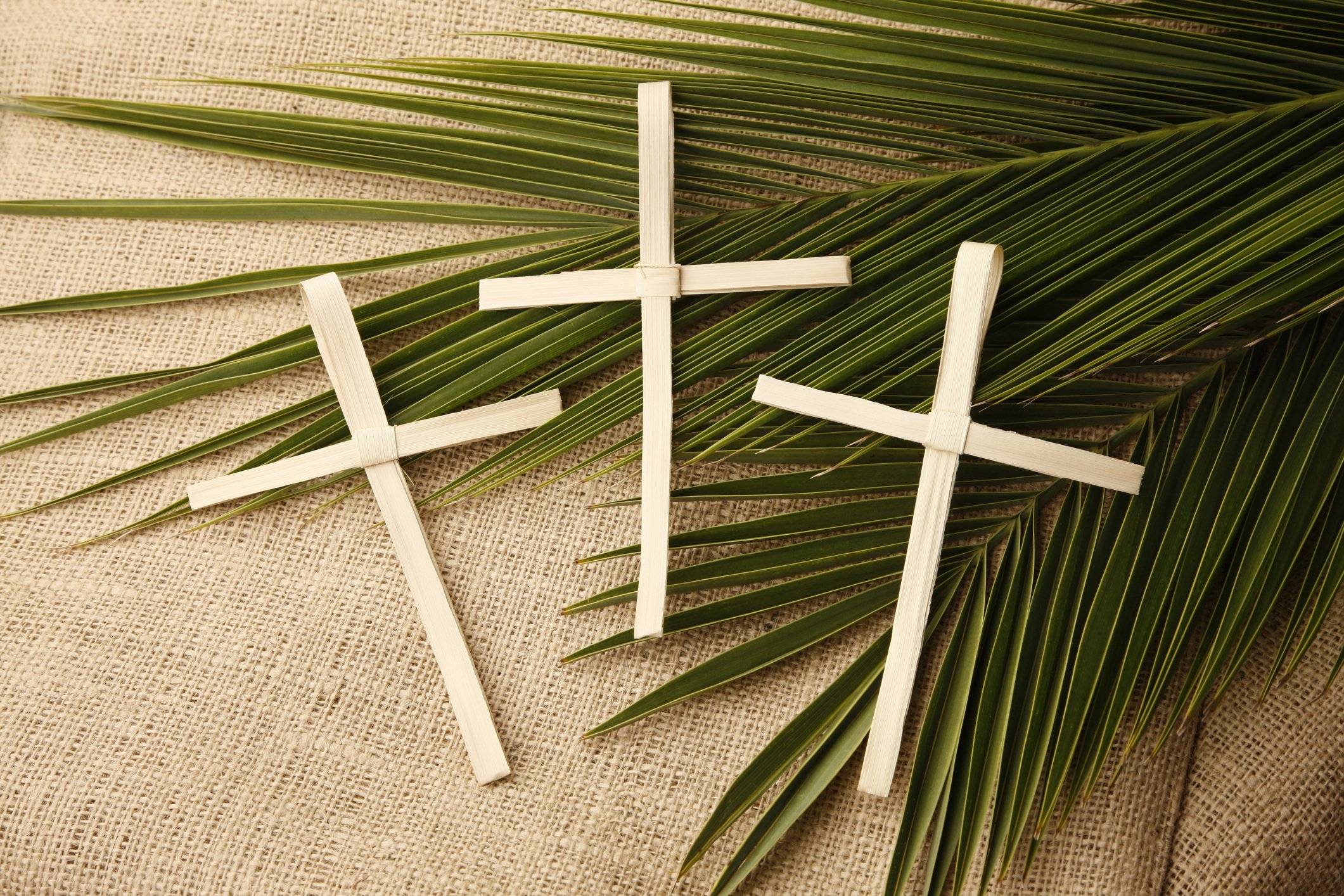
“Look, the world has gone after Him!” (John 12:19) … You come too.
By the Rev. Dr. Jason D. Lane
Associate Professor of Theology, Concordia University Wisconsin
I’m a New Englander, and that means Robert Frost’s poetry is required reading. There’s a lovely little poem that Frost wrote about springtime on a farm. It’s called “The Pasture.” Frost’s invitation to come and to see life renewed is perfectly suited to Palm Sunday and to all of Holy Week. Here’s how it goes:
I’m going out to clean the pasture spring;
I’ll only stop to rake the leaves away
(And wait to watch the water clear, I may):
I shan’t be gone long. — You come too.
I’m going out to fetch the little calf
That’s standing by the mother. It’s so young,
It totters when she licks it with her tongue.
I shan’t be gone long. — You come too.
Jesus bids us come. He has gone up to Jerusalem not to clean the pasture spring, but to cleanse the world and every heart from sin. He calls to all those who are weary and heavy laden, “You come too.”
Save us, Lord
Palm Sunday is a celebration of Jesus’ triumphal entry into Jerusalem. Christians across the world imitate the children of God in Jerusalem and sing praise to their triumphant King. We wave our palm branches and sing “all glory, laud, and honor to You, Redeemer King” (LSB 442)! We lay down our palms before Him, and our lives, and say, “Hosanna to the Son of David!” The church goes out to meet Him. You come too.
Hosanna means in Hebrew “save us!” It’s what you say to your King, because it’s what your King comes to do. Jesus entered Jerusalem to save it and with it the whole world. But to save it from what? It doesn’t take long for those who know Christ to make a list. How about foolishness, pride, and lust? How about self-righteousness and laziness? How about all sin and everlasting death? Oh, Lord, help! Save us! They went out to meet Him with palms in hand and laying out their coats for Him. You come too.
Many Lutheran congregations use Palm Sunday as “Passion Sunday.” The triumphal entry of Jesus is read at the beginning of the service and then, with the procession of palms and joyful singing of Hosanna, it moves into the main service and the reading of Christ’s entire passion according to Matthew, Mark, and Luke. St. John’s passion is reserved for Good Friday. The reason for focusing on the passion is wonderful. Jesus came into Jerusalem pay for the world’s sin and to make peace for us with God by the blood of His cross. Come there too, and then to the empty tomb.
Let us together follow
But before Good Friday or Easter, there is Palm Sunday. There is this moment to shout for joy to our King who comes in the Name of the Lord (Luke 19:38) and who raised Lazarus and has power over death (John 12:18). There is a time to be children, to run in joyful procession to Jesus, to our King who has come to establish an everlasting Kingdom. According to St. Luke, it’s like Christmas again, when the children of God shout to creation’s King: “Peace in heaven and glory in the highest” (Luke 19:38b). They all came out to meet the King. You come too.
Jesus knew what that peace in heaven would cost. He knew that on Mount Zion it would be nails, spear that pierce Him through, and then the sin of the whole world and the wrath of God to crush Him. I like to think that the Pharisees who told Jesus, “Rebuke Your disciples” (Luke 19:39), were just trying to be reverent, that they recognized in some small measure that Jesus had come to pay for the sin of the world in a bloody death, and so they thought the joyful shouts at His triumphal entry were in bad taste. It’s as if they said, “Jesus, they don’t know what You’re here to do. Tell them to stop singing so joyfully. This is supposed to be a death procession.” But Jesus said, “Let them sing.” He really did say, “I tell you, if these children were silent, even the stones would shout” (Luke 19:40)!
What does it all mean? It means that Palm Sunday is time to welcome the King who comes to save us. He knows the terms of peace. He knows the cost, which is to say, He also knows how much each of us is worth. This week all the Christians of the earth are gathering and laying down their lives before the King. You come too. Let us together follow our King into the Holy City and up to Calvary and through the grave and into Paradise. Jesus says to me and you, “You come too.”
For more information about theology programs at Concordia University Ann Arbor, visit the Department of Theology at cuaa.edu.
—
If this story has inspired you, why not explore how you can help further Concordia's mission through giving.